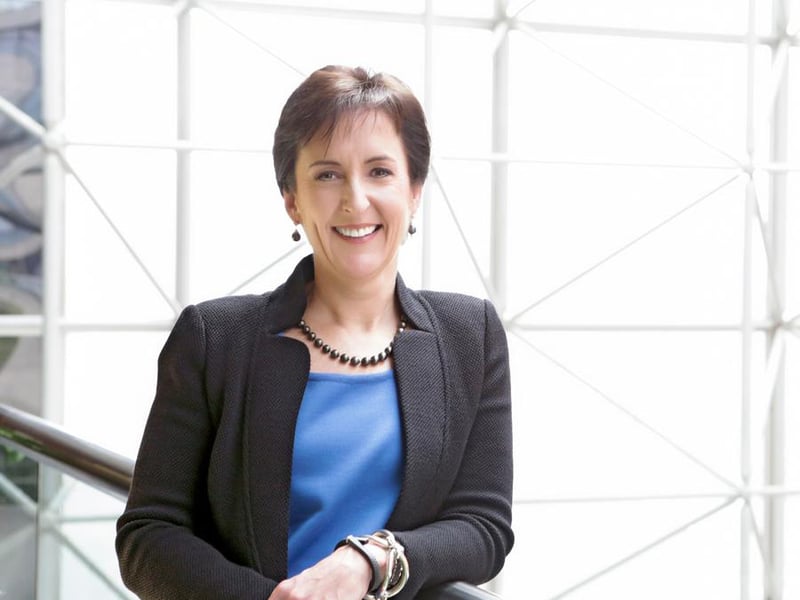Clients are looking for a more digital experience in an increasingly digital world, but the advice industry hasn't kept pace with the times, according to Mary Mack, president and head of Wells Fargo Advisors.
Clients are looking for a more digital experience in an increasingly digital world, but the advice industry hasn't kept pace with the times, according to Mary Mack, president and head of Wells Fargo Advisors.
“Client preferences are changing. Clients are expecting an Amazon, Facebook, Google kind of experience because they get it everywhere else in their lives,” Ms. Mack said.
Apple, for example, changed the way people think about interaction with their launch of the iPhone, Ms. Mack said. Amazon changed the way people shop, and “googling” has become the most widely used verb in the English language, she added.
“I think the opportunity we have … is to reach millennials through technology,” Ms. Mack said, explaining it's important for advisers to establish relationships with millennials early and in ways that speak to them.
Ms. Mack made her comments during a keynote speech on the future of financial advice at the Insured Retirement Institute's annual summit, taking place this week in Charleston, S.C.
A digital approach isn't one advisers should only be thinking about with millennials, though, according to Ms. Mack — 86% of seniors, for example, have either a smartphone or tablet. While many use them primary to look at pictures of their grandchildren, this generation is familiar with and uses the Internet.
Relative to digital advice, Ms. Mack also said clients want a personal consultant behind that digitization. That's an approach taken by the Vanguard Group Inc., for example, which offers investors the option of consulting with an adviser through its Personal Advisor Services robo-adviser. Financial Engines, a digital advice platform for retirement plans, also announced last week that it will be giving clients more access to human advisers.
Clients want more self-service options to maintain their accounts and make transfers, Ms. Mack told InvestmentNews on the conference sidelines, giving an example of how advisory firms can evolve current business models. Presently, to perform most of these functions, clients need to pick up a phone and call their advisers.
Further, due to regulatory restrictions, texting with clients isn't possible for advisory firms, an acute issue because clients consistently indicate they'd like to have text interactions with advisers. “We need to solve that,” because texting, in many circumstances, has replaced talking, Ms. Mack said.
She recommends industry stakeholders work with officials at the Securities and Exchange Commission and the Financial Industry Regulatory Authority Inc. to evolve the communications approach.
“There's a client reality” the industry needs to solve for, she said.
Entrepreneurs could also step in to fill the need, Ms. Mack said, pointing to social media as an area that, similar to texting, used to be a problem area due to archiving considerations. Wells Fargo now works with a few third-party firms for social-media archiving. That was something that didn't exist two to three years ago, she said.







